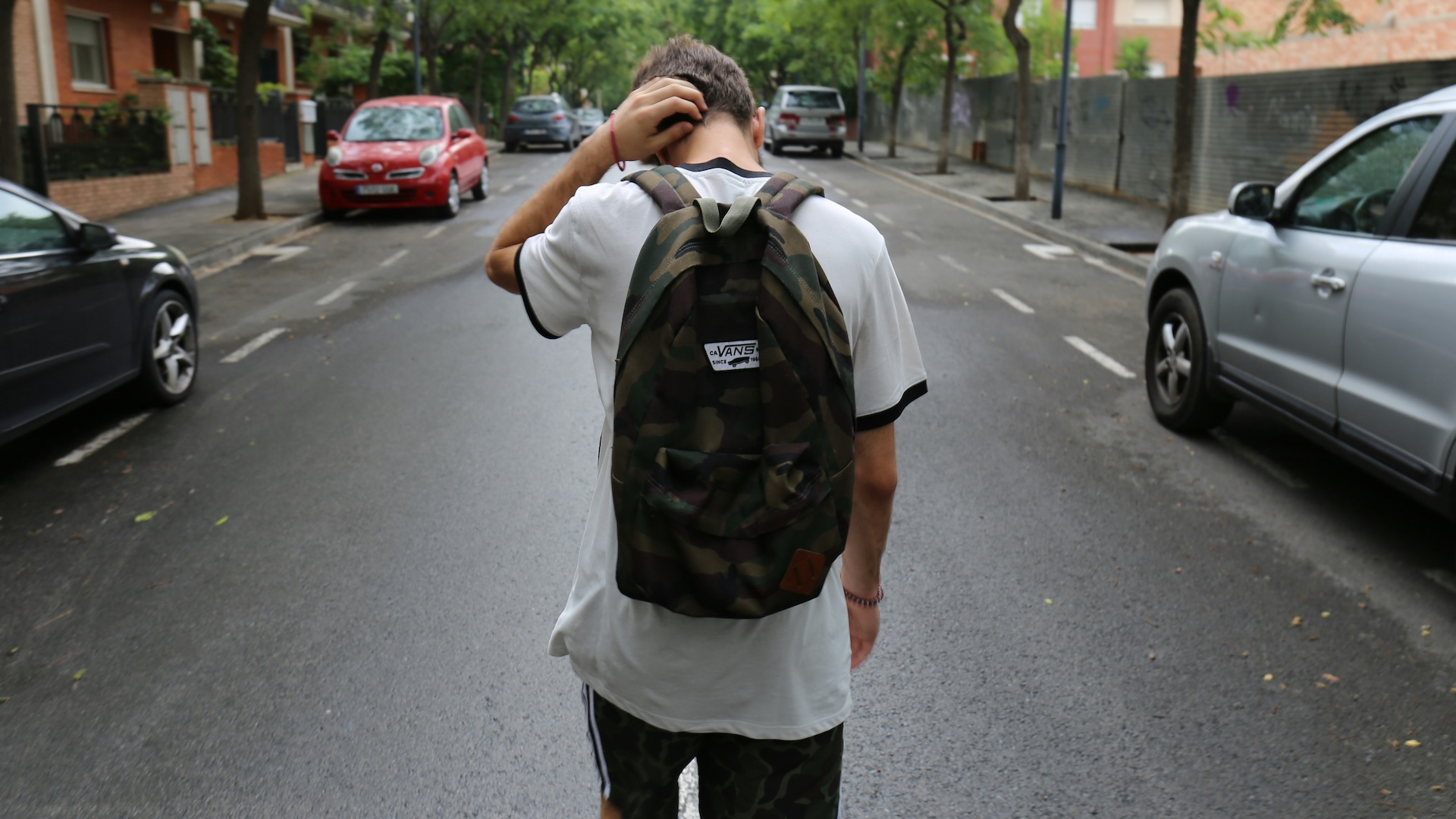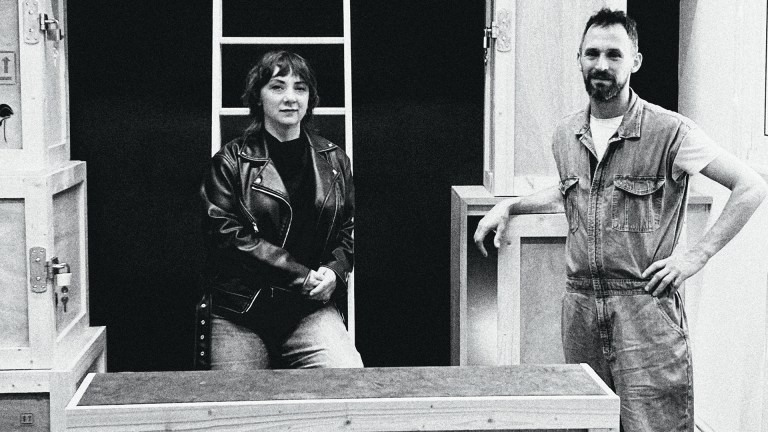That was 16 years ago. With time I found my own stability again. I now live with my three dogs, and I’ve just started a course on counselling. Now I’m an adult, I realise I was probably likely to always struggle with mental health, but that I only had an episode so serious at such a young age because of the instability and abusive environment I was living in.
Over the past year, I’ve worked with a team of researchers at the University of Cambridge, carrying out a study on children’s access to Child and Adolescent Mental Health Services (CAMHS) when they have contact with the social care system. We found out that children and young people with social work involvement are three times more likely to be rejected from CAMHS, but it was our analysis on why this happens that really shocked me.
We found that children with social work involvement got rejected because their cases were too “complex” or resource-intensive, or because the mental health professionals believed the issues should be handled by social services rather than mental health.
In multiple cases, young people struggling with their mental health were rejected because their life was too “unstable” – for example, because they were in a temporary foster placement – without considering that it was the instability that caused their poor mental health.
My own experience reflects what another group goes through: I was ignored until my situation was so bad I had to be sectioned. Our study shows this still happens to young people who are turned away when their situation isn’t severe, only for them to turn up at A&E as they are feeling suicidal or want to harm themselves, and having their freedom restricted. Case notes show that often it is their unresolved situation that leads them to not wanting to be alive – for example, feeling unsafe at home or in their neighbourhood.
My experience at the hospital was a difficult one, but I didn’t want to go back to my aunt and uncle, so I remained. Now, many young people don’t even have that choice.
Advertising helps fund Big Issue’s mission to end poverty
No one wants to turn away someone who clearly needs support. But we know that both the NHS and children’s social care services are unprecedentedly stretched, with councils last year spending more on crisis intervention than early help as research from the Children’s Charities Coalition shows. With difficult budgets, limited resources, and constant funding cuts, mental health workers at CAMHS need to make difficult decisions when assessing someone: we can imagine how, when support can be withheld or outsourced, mental health services decide to do so.
When services are cut, it’s often the most vulnerable children that pay most heavily.
My own experience tells me that, when mental health issues are caused by external factors, therapeutic support alone is not enough to really heal. But it can be a starting point, giving people the tools to cope or process what they are living through, and preventing them from reaching a crisis point that is more dangerous and – and I’m aware how cynical this is – requires more resources for meaningful intervention. Turning children and young people away when they come asking for help isn’t just wrong because of the devastating impact this has on them, it’s also financially unwise.
These findings tell us we need to rethink the way mental health services assess young people’s needs. In our sample, when someone’s situation was unstable by definition, or when CAMHS thought their needs could be addressed by social services, they were almost automatically disqualified from getting mental health support. This could include cases where foster care placement was breaking down or because young people are moved from house to house and local authority to local authority. Children have even been rejected when they experienced sexual abuse, unsecured immigration status, trauma.
We also found very little mention of the support the foster parents or carers received, even when this was the cause of the young person’s issues. We’re advocating for more integrated adult-children’s mental health support, and for an approach to supporting the most vulnerable people that works across mental health and social services.
With children’s mental health issues at a record high, years-long waiting lists to access support, and a crisis in children’s social care reaching tipping point, we cannot afford to wait any longer.
Advertising helps fund Big Issue’s mission to end poverty
Jack Smith is a researcher for the University of Cambridge and National Children’s Bureau.
Do you have a story to tell or opinions to share about this? Get in touch and tell us more.
Reader-funded since 1991 – Big Issue brings you trustworthy journalism that drives real change.
Every day, our journalists dig deeper, speaking up for those society overlooks.
Could you help us keep doing this vital work? Support our journalism from £5 a month.





